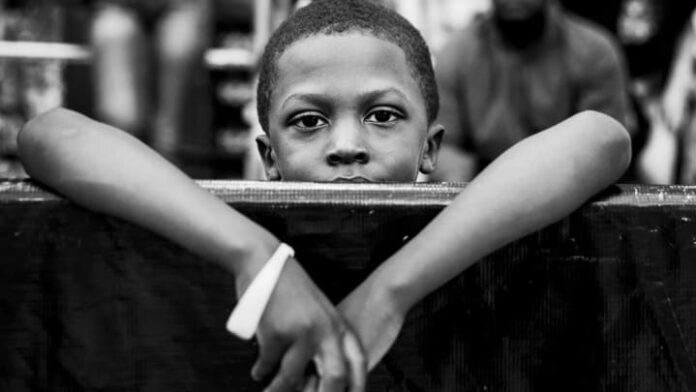In a society where the girl child is often celebrated and prioritised, a growing concern is emerging, what about the boy child? With the common Nyanja slogan “Mwamuna Samalila”, implying that a man does not cry, efforts to empower and uplift girls continue to gain momentum leaving the boy child feeling neglected and marginalised.
From underperformance in schools to feelings of abandonment, the plight of boys is a complex issue that demands exploration and attention not just from the government, but also from Civil Society Organisations (CSOs).This disparity is evident in some education policies, such as cut off points at both primary and secondary school levels, where girls are given lower thresholds compared to boys.
Such policies divert attention away from the boy child, making him feel less valued or important. However, a counter-narrative is emerging, highlighting the struggles and challenges faced by boys today such as depression, suicide and emotional neglect, among others.
Evaristo Sapalo, a second-year student from the Psychology Department at the University of Zambia (UNZA), says there is a need to create more support groups for boys and young men.
“These would offer safe spaces for them to open up about anything troubling them,” Sapalo notes.
Similarly, Ishmael Gumbo, a Mental Health Advocate, notes that society is increasingly shifting its focus toward girls, especially in areas such as education, mental health awareness, and the proliferation of advocacy groups.
“This is a very critical and timely conversation that is tapping into the core of many struggles boys and men are silently enduring in today’s society, especially in Zambia,” he says.
Gumbo acknowledges the importance of spotlighting girls and women an effort that cannot be ignored but expresses concern that the boy child is becoming unseen and unheard.
“There should be a balance in tackling issues that concern both genders to ensure that both parties succeed,” Gumbo says.
He highlights that many boys and young men in Zambia are suffering from psychological issues in silence, as it is often difficult for them to express what they are going through.
“Lack of male role models is one of the major reasons why most boys feel inadequate. Academic pressure, performance anxiety, emotional suppression, and even suicide not to mention substance abuse are among the issues they face,” he stresses.
Gumbo adds that these challenges often lead to an increase in suicide cases, frequently caused by financial stress, hopelessness and neglect. As a result, many turn to harmful behaviours as a way to cope and fit in with their peers.
“Statistics released by the Ministry of Health show that most men tend to abuse drugs. The more we neglect issues surrounding substance abuse, the more we are adding salt to the wound,” he says.
Gumbo also points out that in shanty areas like Matero and Kanyama, where many children are raised by single parents, boys often look up to the wrong role models in society.
“In terms of the increased academic spotlight on girls, boys are feeling left out, as most girls tend to excel more and are frequently praised by teachers for their brilliant performance,” he explains.Gumbo emphasises the need for balanced treatment of both genders and advocates for the formation of more clubs that promote boys’ rights and inclusion.
In any developing society, it is essential to support both the boy and girl child equally, as community growth depends on the well-being of all its members regardless of gender.
Co – authored with Kamo Banda

